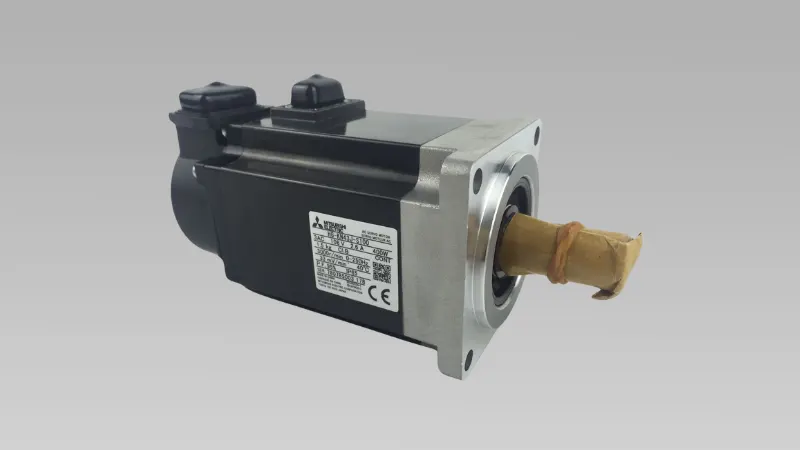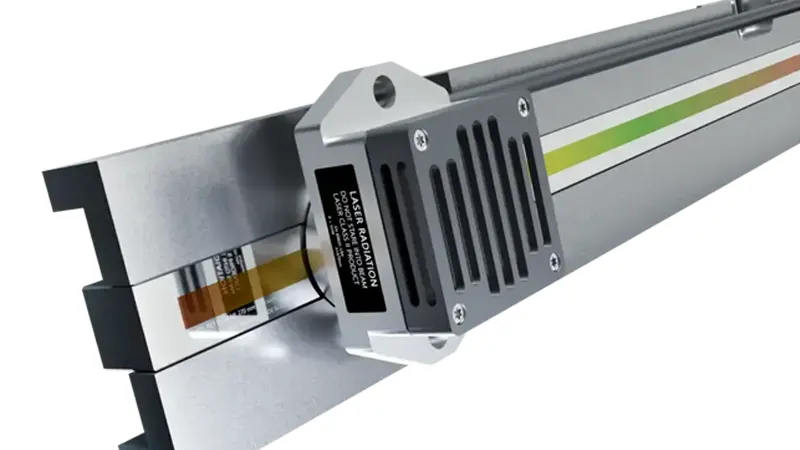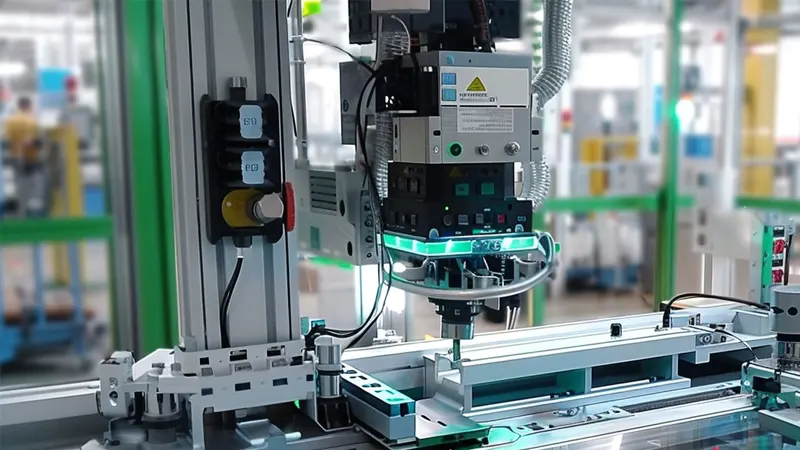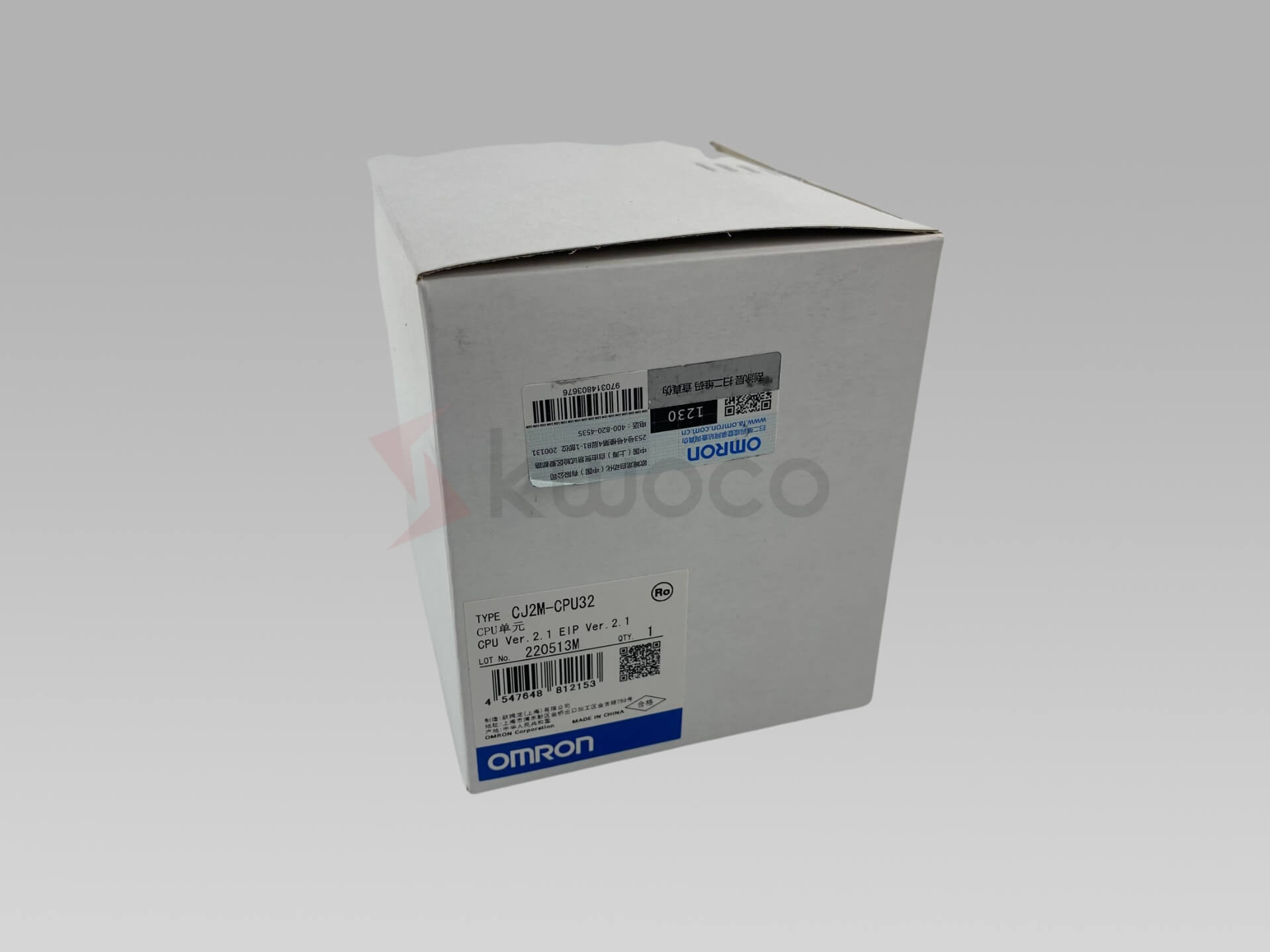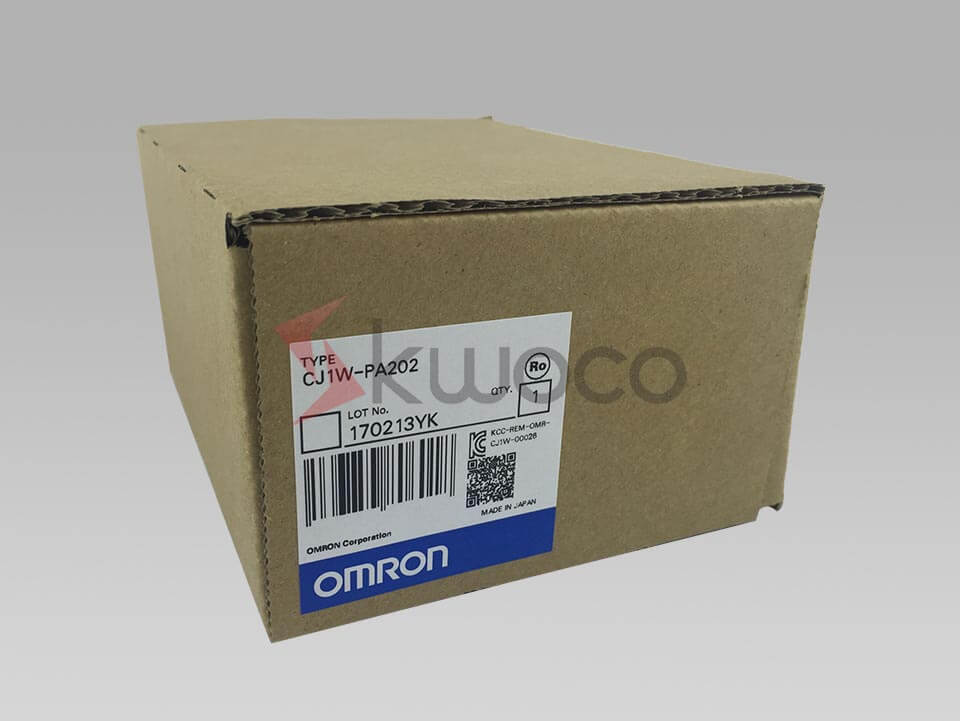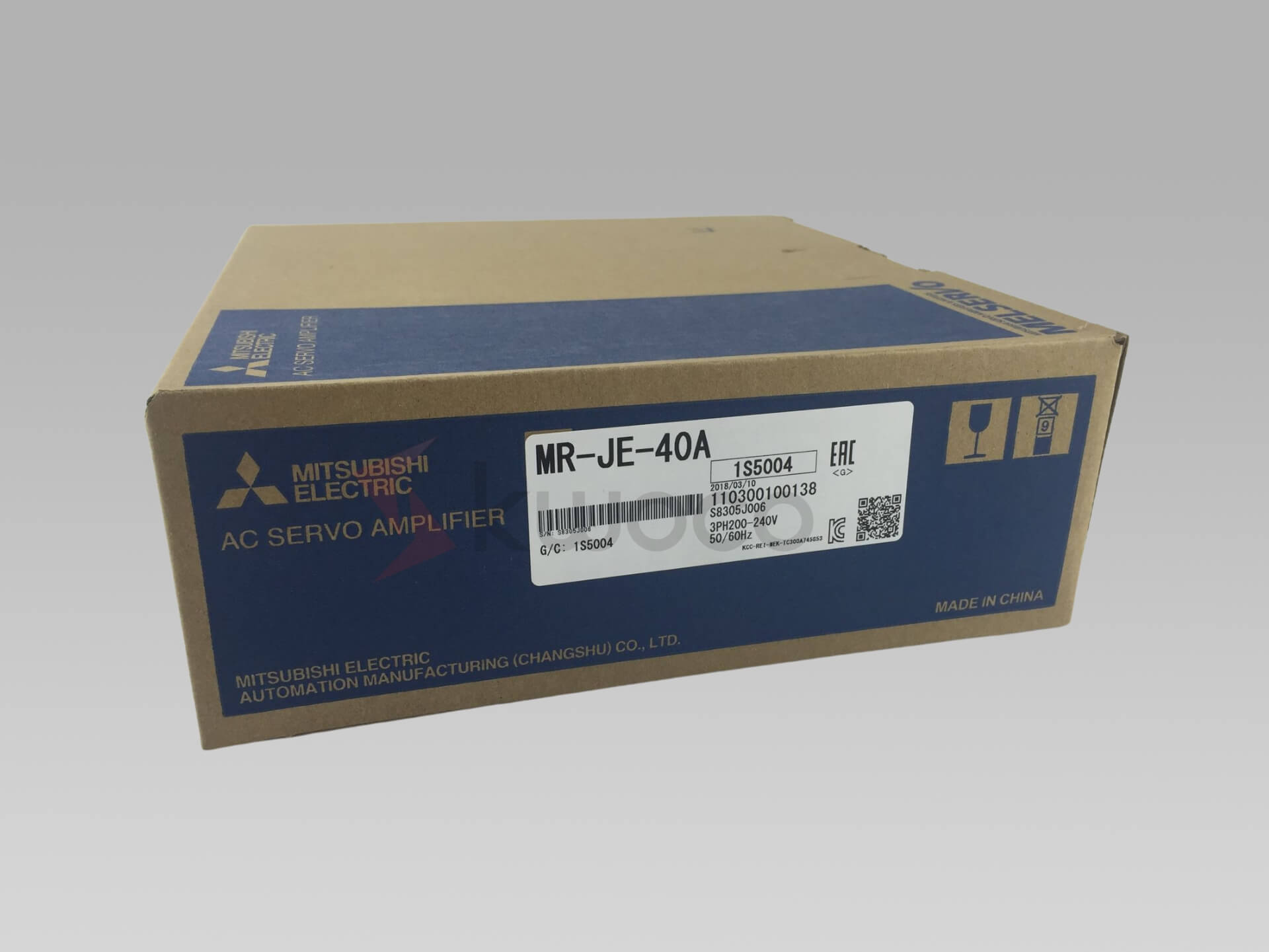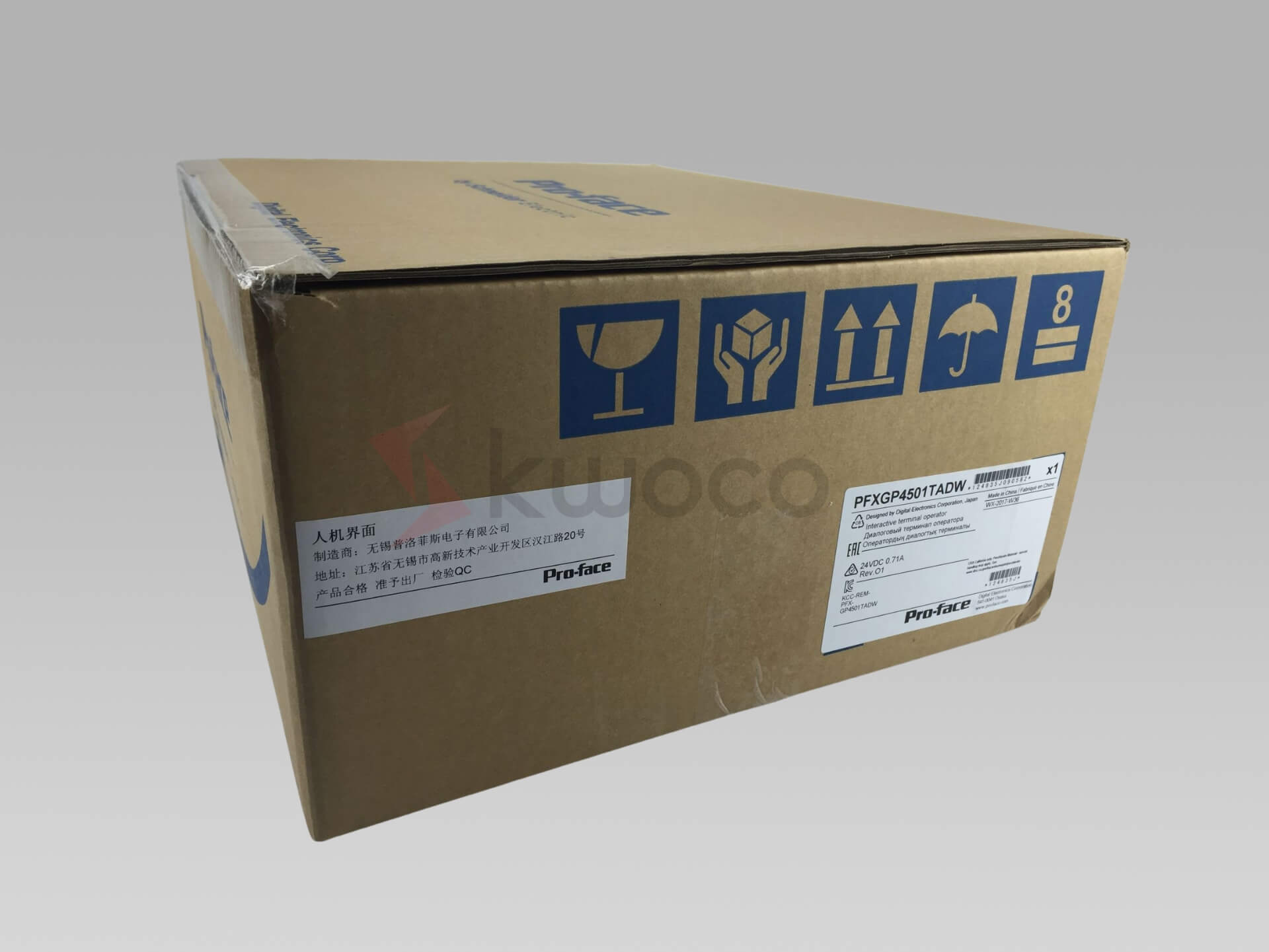5 типов энкодеров в серводвигателях, которые вам нужно знать
- kwoco-plc.com
- 12 октября 2024 г.
- 7:27 пп
В этой статье я разберу различные типы кодеров, используемых в серводвигатели простым и понятным языком.
Оглавление
Почему энкодеры важны в серводвигателях?
В отличие от шаговых двигателей, серводвигатели требуют замкнутый контур управления, который непрерывно получает сигналы обратной связи для точного управления скоростью, углом и положением. Энкодеры действуют как глаза сервосистемы, отслеживая движение двигателя в режиме реального времени и гарантируя, что он точно следует заданным инструкциям.
Без энкодеров управление серводвигателем стало бы неточным. Энкодеры имеют решающее значение в сложных средах, таких как автоматизированные производственные линии и медицинские роботы, помогая избегать ошибок и обеспечивая эффективность и безопасность работы.
1. Инкрементный энкодер
Инкрементальным энкодерам нужен точка отсчета Каждый раз, когда они начинают регистрировать изменения движения. Они подходят для приложений, где не требуется высокоточное отслеживание положения, например, упаковочные линии или складское оборудование.
Функции:
- Требует самонаведение после каждого цикла включения/выключения.
- В основном используется для контроль скорости, неточное позиционирование.
| Сравнение | Плюсы | Минусы |
|---|---|---|
| Вариант использования | Низкая стоимость, высокая гибкость | Требуется повторная калибровка после отключения питания |
| Сигнал обратной связи | Мониторинг скорости в реальном времени | Невозможно напрямую отслеживать положение |
2. Абсолютный энкодер
Абсолютные энкодеры сохраняют данные о текущем местоположении даже после отключения питания, устраняя необходимость в самонаведении. Они обычно используются в хирургические роботы или роботы для производства автомобилей, гарантируя, что оборудование сможет возобновить работу без ошибок после перезапуска.
Функции:
- Обеспечивает точные отслеживание положения.
- Обеспечивает плавный перезапуск после сбоев питания или сбоев системы.
| Вариант использования | Типичное применение |
|---|---|
| Высокоточные задачи | Медицинское оборудование, прецизионная автоматика |
3. Линейный энкодер
Линейные энкодеры отслеживают прямолинейные движения, например, лазерные режущие станки или автоматизированные системы сортировки. Они обеспечивают точное позиционирование даже на высоких скоростях, что делает их идеальными для условий, где требуются как скорость, так и точность.
4. Вращающийся энкодер
Вращающиеся энкодеры контролируют вращение валов, преобразуя направление движения вала в цифровые сигналы, которые системы управления могут интерпретировать для определения скорости и положения.
Вращающиеся энкодеры часто интегрируются в двигатели для обеспечения точной обратной связи даже при высокоскоростных операциях.
5. Оптические, магнитные и емкостные энкодеры
Кодеры также классифицируются по технологиям обнаружения:
- Оптические энкодеры: Высокая точность, но чувствительность к пыли.
- Магнитные энкодеры: Сильная защита от помех, подходит для суровых условий.
- Емкостные энкодеры: Быстрые и доступные по цене, но менее точные, чем оптические энкодеры.
Как выбрать энкодер для моего двигателя?
Вот ключевые факторы, которые следует учитывать при выборе кодировщика:
Определить потребности приложения
Выбирать абсолютные энкодеры если вам нужно отслеживать точные позиции. Используйте инкрементальные энкодеры если основным требованием является контроль скорости.Учитывайте факторы окружающей среды
В пыльной или влажной среде, магнитные энкодеры или те, у которых высокий рейтинг IP (например, IP68) больше подходят. Для высокоточных задач, оптические энкодеры рекомендуются.Возможность восстановления мощности
Если система должна сохранять данные о местоположении после отключения электроэнергии, абсолютные энкодеры имеют важное значение.Требования к точности и разрешению
Такие приложения, как Станки с ЧПУ или медицинские роботы требуют кодеров высокого разрешения (например, 24-битные абсолютные кодеры). Менее требовательные приложения могут использовать кодеры с более низким разрешением.Совместимость интерфейса и коммуникаций
Убедитесь, что интерфейс кодировщика (например, RS485, CAN шина или аналоговый) соответствует вашей системе управления.Простота установки и обслуживания
Модульные конструкции, простые в установке и обслуживании, могут повысить эффективность сложных систем автоматизации.
Распространенные вопросы о серводвигателях и энкодерах
1. Какой тип энкодера используется в серводвигателе?
Серводвигатели обычно используют инкрементный и абсолютные энкодеры. Инкрементальные энкодеры отслеживают относительное перемещение и скорость, в то время как абсолютные энкодеры сохраняют точные данные о местоположении даже при отключении питания.
2. Каковы три основных типа кодеров?
Инкрементный энкодер: отслеживает относительное перемещение и требует возврата в исходное положение.
Абсолютный энкодер: сохраняет данные о местоположении при всех циклах питания.
Вращающиеся и линейные энкодеры: измеряют угловые и линейные перемещения соответственно.
3. Может ли серводвигатель работать без энкодера?
В то время как некоторые простые сервосистемы используют управление с открытым контуром, большинство требуют замкнутая обратная связь для точности. Работа серводвигателя без энкодера может поставить под угрозу управление скоростью и положением.
4. В чем разница между вращающимися и линейными энкодерами?
Вращающийся энкодер: измеряет углы вращения или скорости, обычно используется на валах двигателей.
Линейный энкодер: контролирует линейное перемещение, идеально подходит для лазерных резаков или станков с ЧПУ.
Обеспечьте свои проекты новыми, оригинальными сервоприводами Omron, Mitsubishi, Schneider — в наличии, готовы прямо сейчас!
Заключение
Выбор правильного энкодера имеет важное значение для оптимизации скорости, точности и надежности серводвигателей. Для проектов, требующих высокой надежности, рекомендуются абсолютные энкодеры, поскольку они сохраняют данные о положении даже после отключения питания. Хотя они могут стоить дороже, они повышают эксплуатационную эффективность и безопасность.
Ищете новые оригинальные сервоприводы для своих проектов? В Kwoco мы поставляем новейшие сервоприводы от ведущих брендов, таких как Омрон, Мицубиси, и Шнайдер. Покупайте с уверенностью — быстрая доставка, гарантированное качество! Купить сейчас
Связаться с нами
Просто заполните свое имя, адрес электронной почты и краткое описание вашего запроса в этой форме. Мы свяжемся с вами в течение 24 часов.
Категория продукта
Горячие продажи товаров
Эти темы также могут быть вам интересны
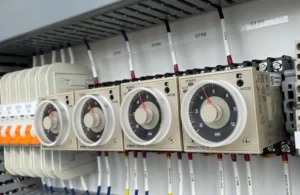
Релейный выход цифровой или аналоговый? Понимание основ
Реле, хотя и кажутся простыми устройствами, играют важную роль как в нашей повседневной жизни, так и в промышленных приложениях. Но часто возникает вопрос: является ли выход реле аналоговым или цифровым? Это особенно сбивает с толку тех, кто не знаком с промышленным оборудованием автоматизации.

Освоение искусства выбора ПЛК: практическое руководство для инженеров по автоматизации.
На этапе проектирования систем автоматизации выбор подходящего программируемого логического контроллера (ПЛК) является критически важным шагом. Основываясь на своем практическом инженерном опыте, эта статья поможет вам оценить и выбрать подходящие продукты для автоматизации на базе ПЛК.
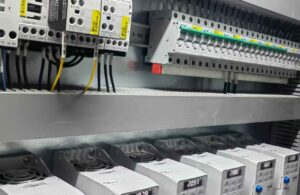
Объяснение основных компонентов ПЛК
Программируемые логические контроллеры (ПЛК) являются сердцем современной промышленной автоматизации. Они служат системой управления, которая координирует работу оборудования и процессов на заводах, фабриках и других автоматизированных средах. Понимание компонентов ПЛК имеет решающее значение для любого, кто работает в этой области, поскольку оно помогает в проектировании, устранении неполадок и оптимизации автоматизированных систем. Это всеобъемлющее руководство проведет вас через ключевые элементы ПЛК, делая сложные концепции простыми для понимания.

